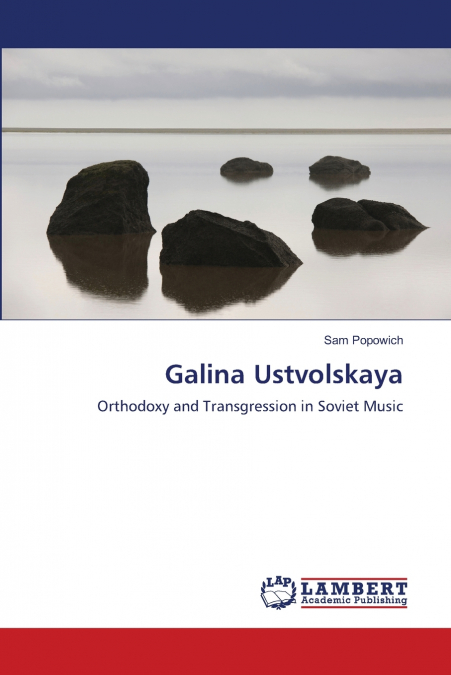
 Librería Perelló (Valencia)
Librería Perelló (Valencia)
 Librería Aciertas (Toledo)
Librería Aciertas (Toledo)
 El AlmaZen del Alquimista (Sevilla)
El AlmaZen del Alquimista (Sevilla)
 Librería Elías (Asturias)
Librería Elías (Asturias)
 Librería Kolima (Madrid)
Librería Kolima (Madrid)
 Donde los libros
Donde los libros
 Librería Proteo (Málaga)
Librería Proteo (Málaga)
Galina Ustvolskaya (1919-2006) is an enigmatic figure in the history of Soviet music. Despite its undeniable quality and avant-garde nature, Ustvolskaya’s music was neither celebrated nor officially suppressed during the Soviet period, and this ambiguous position continues to this day. It is as if Ustvolskaya was twice silenced, once in her own time, and once more in ours. Employing critical theory ranging from the work of Pierre Bourdieu, through the gesture theory of Robert Hatten and David Lidov, to concepts of the body in Mikhail Bakhtin, Julia Kristeva, Judith Butler, and Susan Sontag, I investigate the structural and discursive reasons for the silence surrounding Ustvolskaya’s work.